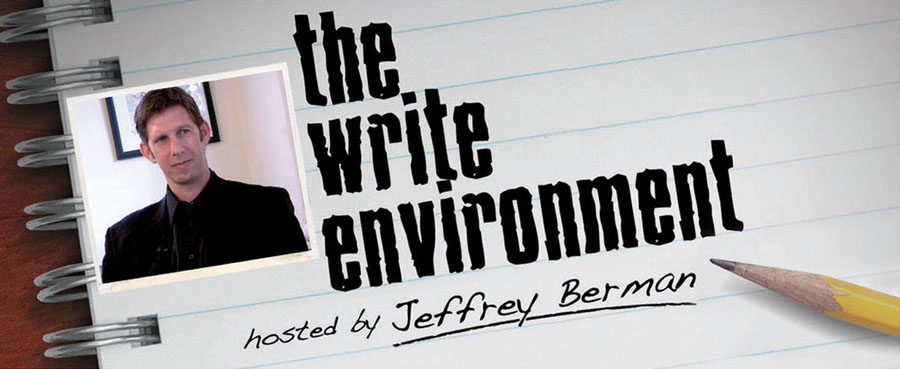“No one is asking, let alone demanding, that you write… Whether or not you get a single word on paper, the sun will rise, the earth will spin, the universe will expand. Writing is forever and always a choice - your choice.”
- Beth Mende Conny
Writing is hard. Don’t let anyone tell you otherwise. If it wasn’t, I’d be a rich man, married to beautiful woman, and own mansions in LA, Tahiti and Paris. Well, one out of three ain’t bad, so far. But talent isn’t always measured by success and fame doesn’t always signify quality. For every Hollywood success there are thousands of almost successes and ten times as many failures.
So does that mean you should abandon your dreams, turn tail and see if the local Quickie Mart is hiring? Maybe. That’s a decision you’ll have to make on your own. But if you’re driven to make it as a writer in Hollywood then you’ll need to get that first foot in the door before the body of work can follow. That first thing you’ll need is a great writing sample, and not that drawer full of Haiku’s you though were brilliant during your last year of High School English. You need a spec scrip (short for speculative, as in; “No, you’re not getting paid to write it, so buck up and just do it”) Something that demonstrates to others you have a modicum of talent. Thousands of spec scripts are ushered through this town every year. Hell, I just sent one to my agent last week, and I’ve been at this game long enough to have a dozen original sold writing samples on my shelves. But that’s the way the business works.
So this week I asked Jeff Lowell to give us his insight into the spec market.
Lowell has written for and produced some of the best TV sitcoms of the last decade, including Spin City, The Drew Carey Show, Cybil and in my opinion, one of the most underappreciated series of the 90’s, Sports Night.
Jeffrey Berman: Tell us about the first spec script you wrote. How you approached it and why you chose that particular series?
Jeffrey Lowell: Talk about dating myself. My first was probably a Cheers. The one that got me work for years was my 13th - a Larry Sanders. I always just tried to pick shows that writers watched and enjoyed, since my audience was writers.
As for how I approached it... here's how things worked at Murphy Brown, which was obviously one of the hot shows at the time: a script would come in; a reader would read it and reduce the story to one sentence on a 3X5 card, then put their comments under that. The goal became to come up with a story that, when summarized in one sentence, was still funny. The famous one that all us spec writers were emulating at the time was a spec Cheers where the Pope needs to use the bathroom during a parade in Boston, stops in Cheers, and the urinal becomes a shrine. (Written by Tom Palmer.)
My Larry Sanders was written at a time when kids were dying doing stupid shit they saw on TV and in the movies - kids set fires after watching Beavis and Butthead; kids lay down in the middle of the road after seeing "The Program." So I had Larry wear a suit of cheese in a skit, some kid imitated him by making his own, and got mauled to death by a bear.
JB: What should new writers be aware of when writing that first spec script?
JL: It probably won't be your last. Writing is like anything - the more you do it, the better you'll get at it. Write it, workshop it, rewrite it, get it perfect... then start on your second.
JB: Do you think the market has changed since your first spec and if so, in what ways?
JL: Not really. Find a show people enjoy and write a great episode of it.
JB: In your opinion what makes a better writing sample? A spec script based on an original idea or one based on a series that’s currently on the air?
JL: Well, if I'm hiring someone, I want to see that they can write in established characters' voices. Because that's the gig. I'm not saying a great original won't get you noticed - and maybe get you hired - but being able to write for a range of different characters you didn't create is invaluable.
JB: What the best piece of advice you ever received as a writer?
JL: I must have sent out a thousand letters to established writers, trying to figure out how the industry worked. One guy sent my letter back and scrawled at the top "write, write, write."
That was it. That was the key. Writers write.






the font in this one is different. but only on the main page. not on the article page (or at least, the page where you comment. here, it's right)
ReplyDeletealso,the twitstamp is cool
Good read.
ReplyDeleteJust started writing my first spec script today, any advice on how to get it in front of the right set of eye balls?